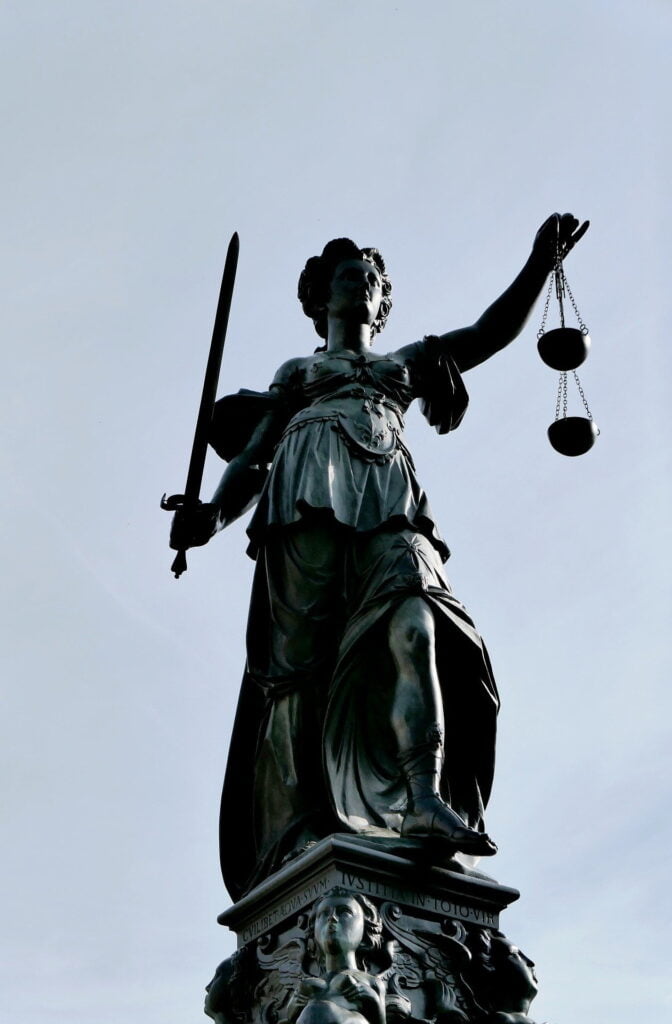Understanding Your Rights After a Default Judgment and Inquest in New York
By Barry E. Janay, Esq.
If you’ve found yourself facing a default judgment in a New York civil matter, you may be wondering about your legal rights and next steps. At The Law Office of Barry E. Janay, P.C., we regularly help clients navigate complex litigation scenarios, including default judgments and subsequent inquests.
What is a Default Judgment and Inquest?
A default judgment occurs when a defendant does not respond timely to a legal complaint. The court then decides in favor of the plaintiff automatically. Following this, the court may schedule an inquest—a hearing dedicated solely to determining the appropriate amount of damages to award the plaintiff.
Can You Still Protect Your Rights After a Default Judgment?
Yes. Even after a default judgment, New York law provides defendants limited yet essential rights to intervene, especially at the inquest stage. Understanding these rights can significantly impact the outcome.
Your Options Under New York CPLR 5015: Motion to Vacate
One primary recourse available is to file a motion to vacate the default judgment under CPLR 5015. To succeed, you’ll generally need to demonstrate:
• A reasonable excuse for missing the original appearance, such as illness, improper service, or inadvertent oversight.
• A meritorious defense, meaning you have valid arguments or facts that might influence the outcome if the case proceeded normally.
It’s critical to act promptly because this motion typically must be filed within one year after discovering the default judgment.
Rights at the Inquest Hearing
If you cannot vacate the judgment, you still retain limited rights during the damages inquest:
• Cross-Examination: You can question witnesses presented by the plaintiff regarding damages.
• Objecting to Evidence: You have the right to challenge the admissibility of evidence presented at the hearing.
• Introducing Evidence to Mitigate Damages: You may present evidence to show damages claimed by the plaintiff are excessive or inaccurate.
However, you cannot dispute liability at this stage, as liability is deemed established due to the default.
Appeal Rights After an Inquest
Defendants maintain the right to appeal decisions related to the amount of damages awarded if objections are preserved at the inquest. Additionally, if the court denies your motion to vacate the default judgment, you may appeal that denial.
Importance of Proper Notice
Proper service of notices is crucial. If you were not adequately notified of the lawsuit or the default judgment, you might have strong grounds to challenge and reopen the case under CPLR 317 or CPLR 5015(a)(4).
Seek Legal Assistance Immediately
Navigating post-default judgment scenarios and inquests can be complex. At The Law Office of Barry E. Janay, P.C., our experienced attorneys help clients protect their rights, mitigate damages, and strategically manage these critical legal proceedings.
Don’t face these challenges alone. Contact us today to discuss your case and understand your best options moving forward.









